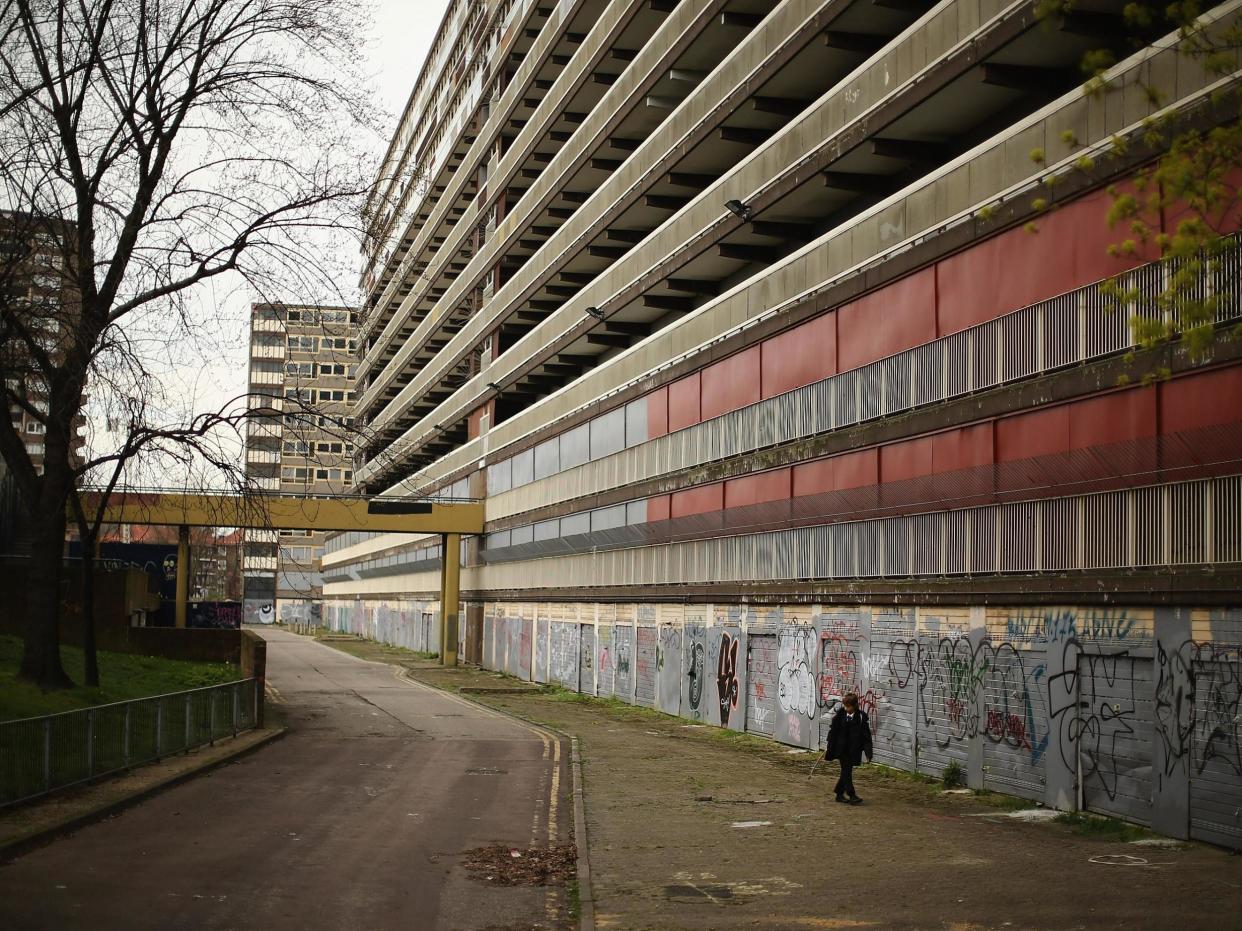Poor hit twice as hard as rich by tax-and-benefit changes since Conservatives came to power, independent analysis finds

The poor have been hit almost twice as hard as the rich by tax-and-benefit changes since the Conservatives came to power, independent experts say, in powerful general election ammunition for Labour.
The worst-off 10 per cent of households have lost 7 per cent of their income since 2010, they say – rising to 18 per cent among those families with children.
In contrast, the highest-earning 10 per cent of the population have seen their incomes fall by only 4 per cent since the austerity programme was introduced.
The analysis, by the Institute for Fiscal Studies, also points out that pensioners have been “broadly protected” since 2010 – enjoying a small rise in their incomes.
The decade has been marked by above-inflation increases in the state pension – while working-age benefits have been cut sharply in real terms.
Income tax has also been cut, by raising the threshold at which it is paid, but – despite ministers’ rhetoric – those changes have mostly benefited workers higher up the income scale.
“Not everyone has reaped the gains or borne the burden of these reforms to the same extent,” said Pascale Bourquin, a research economist at the IFS.
“On average, those in the upper middle of the income distribution have benefited the most from personal tax and benefit reforms and the poorest households have experienced the biggest proportional loss.”
The verdict comes as Labour attempts to put poverty, including growing in-work poverty, at the heart of the election campaign, including by increasing housing benefit and axing the bedroom tax.
The Conservatives have finally ended the benefits freeze and appear to have shelved multi-billion pound plans for tax cuts for top-earners.
However, the tax plan blurted out by Boris Johnson this week – to hike the threshold for national insurance payments – would also benefit the better off, the IFS previously concluded.
At the height of austerity, both David Cameron and George Osborne repeatedly claimed “we are all in this together”, as they defended the policy.
But the IFS has found that, while the rich lost more than the poor in absolute terms – £2,200 per year, compared with £800 – the poor lost almost twice as much in per percentage terms.
The most-deprived with children lost far more in cash terms as well, it concluded – £3,800 over the decade.
The analysis covered changes to income tax, national insurance contributions, council tax, VAT, duties on fuel, alcohol and tobacco, state pension rates, benefits and tax credits.
It excluded most business taxes, such as corporation tax, as well as capital gains tax.
However, the IFS did conclude that the Coalition and Conservative changes “broadly served to strengthen work incentives, with workers in poorer households in particular keeping more of an extra pound of earnings”.
Read more
How to watch tonight's special election debate with party leaders
Tories pledge higher taxes for overseas buyers of England homes
Could Boris Johnson ever support another Brexit referendum?
NHS delays ‘independent’ maternity report until after election
Leaders' TV debate cancelled after Johnson refuses to take part

 Yahoo News
Yahoo News 
